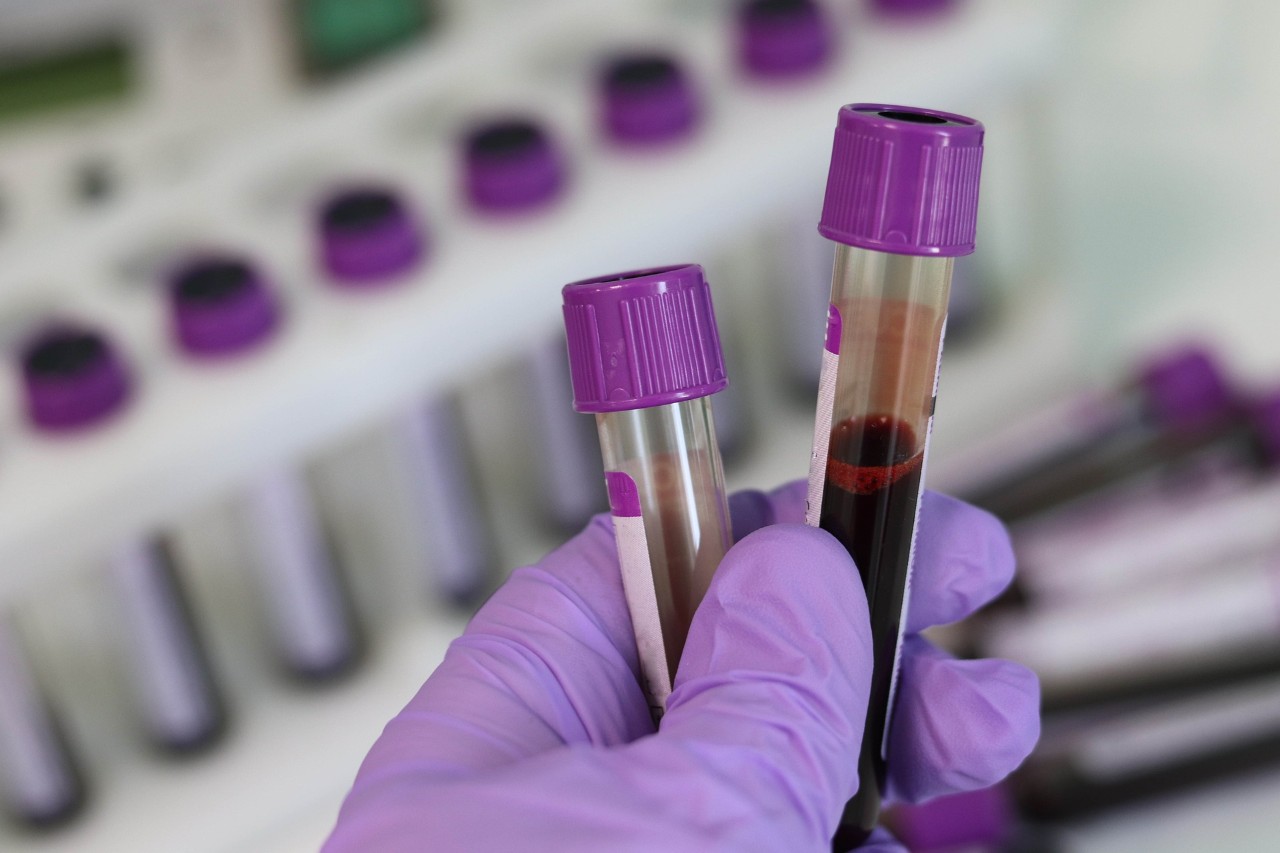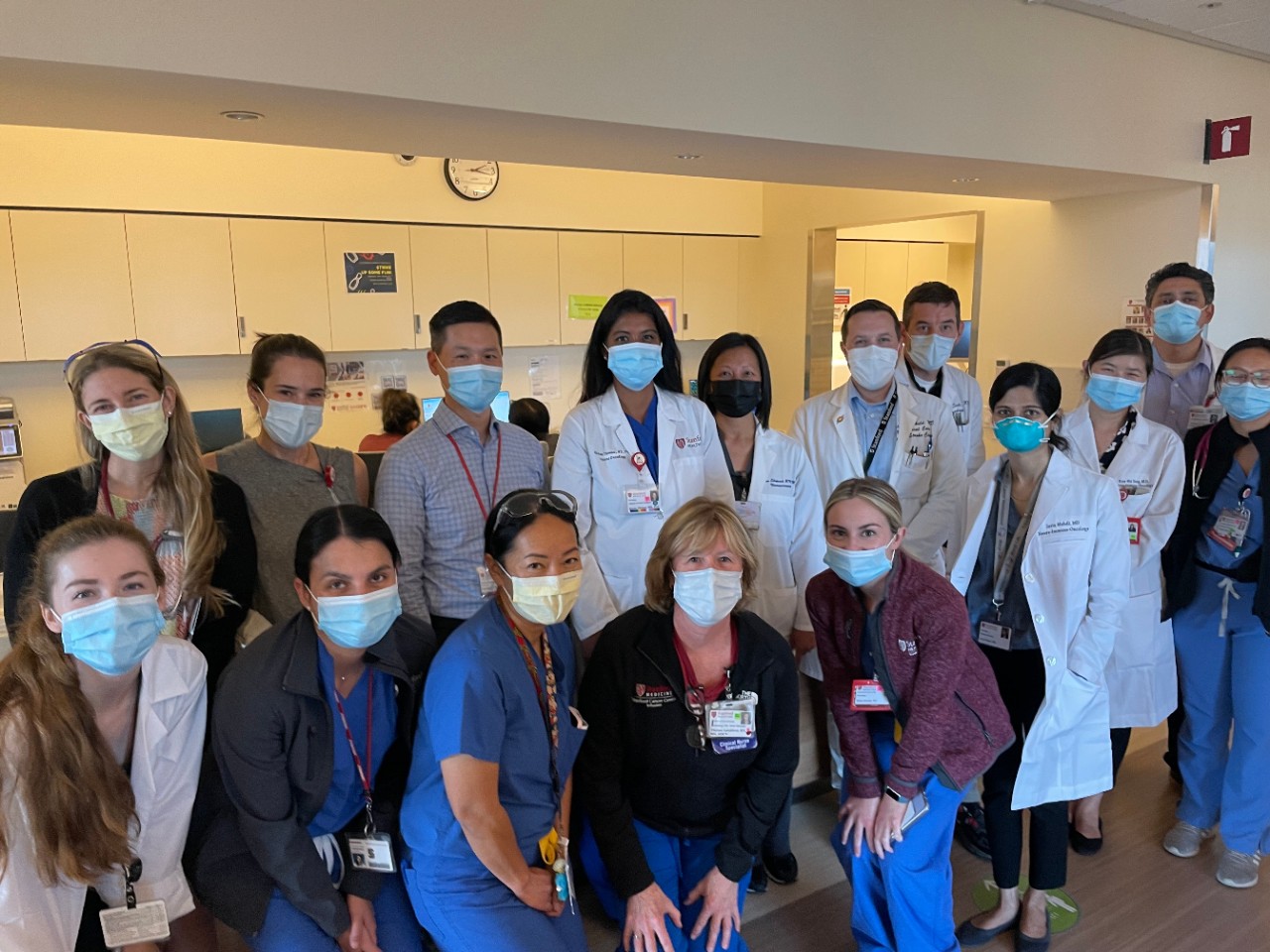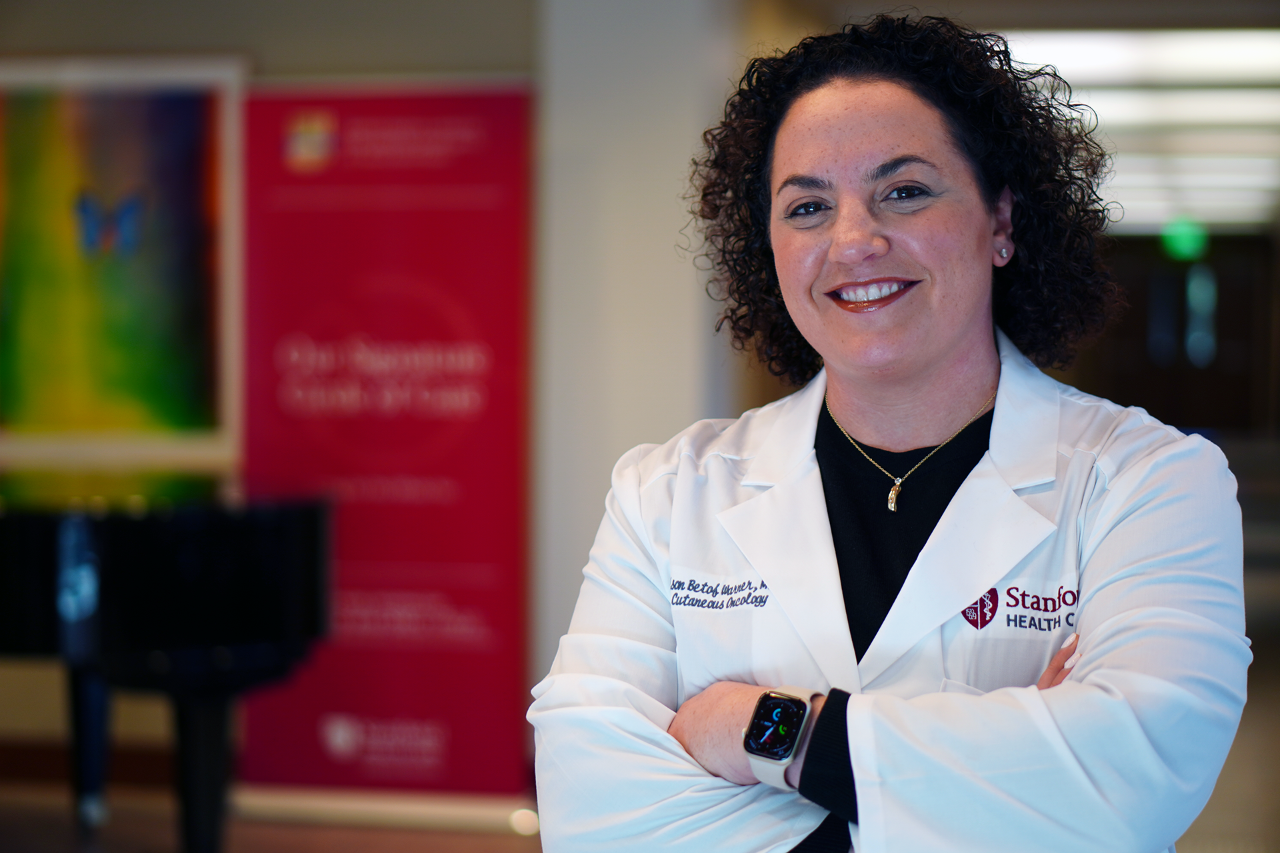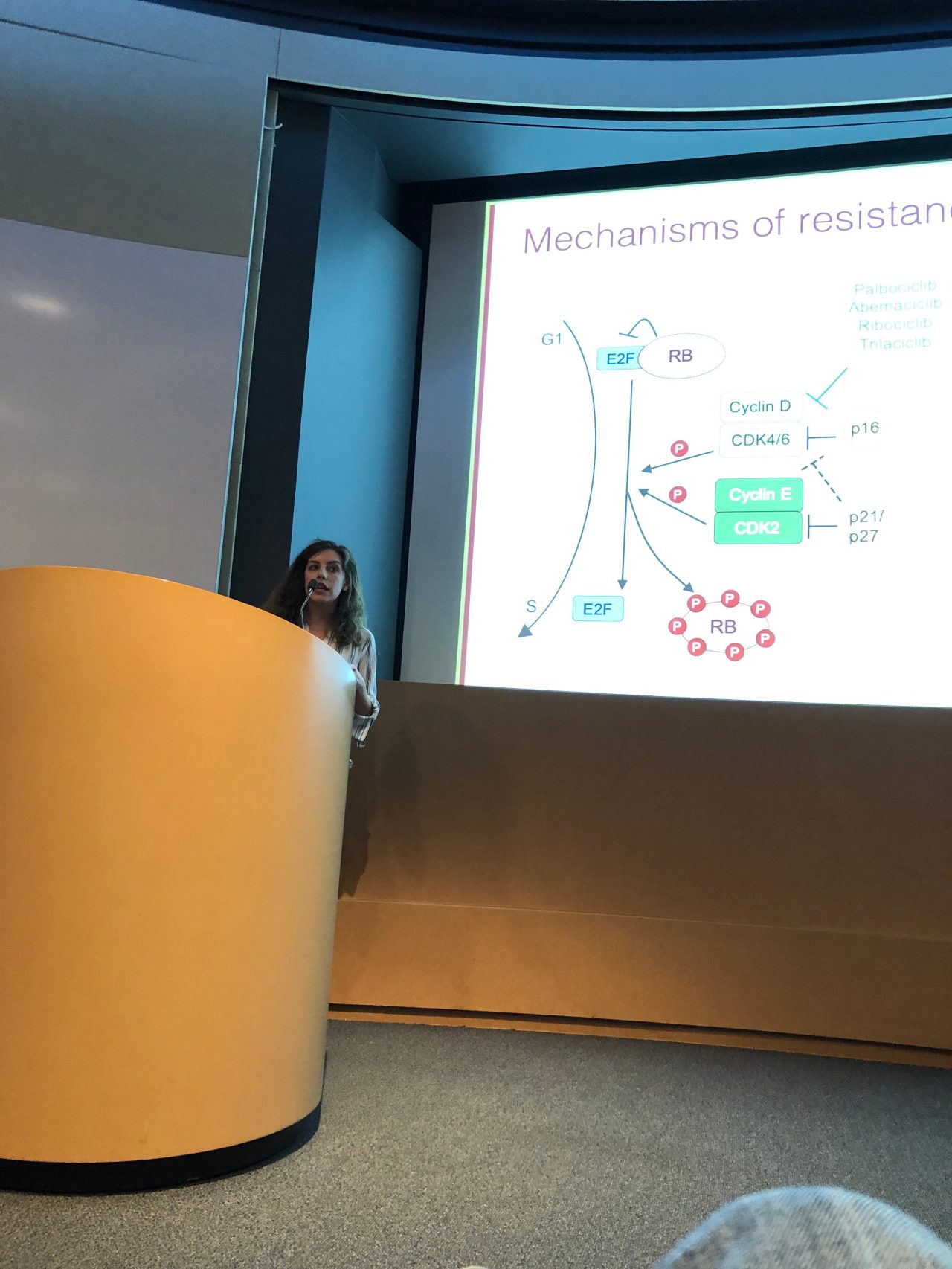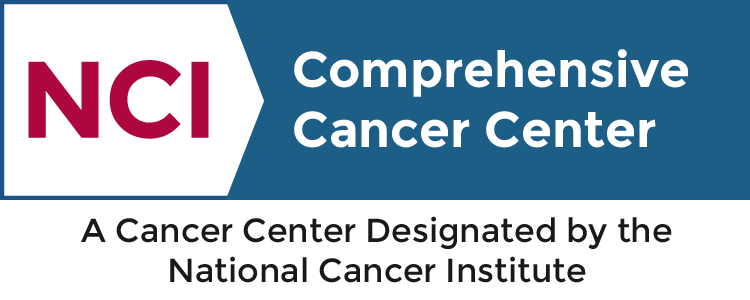©2024 Stanford Medicine
About Us
In the Spotlight
We are proud to feature the voices of cancer research at Stanford, from the bench to the clinic. The SCI Spotlight connects with Stanford cancer researchers and trainees to provide insight into the work we are doing to diagnose, treat, and prevent cancer. We are always looking for ways to highlight the accomplishments of our faculty, trainees, and staff. Please contact us if you have any awards or publications you would like us to amplify.
Prior Spotlights
Archive


